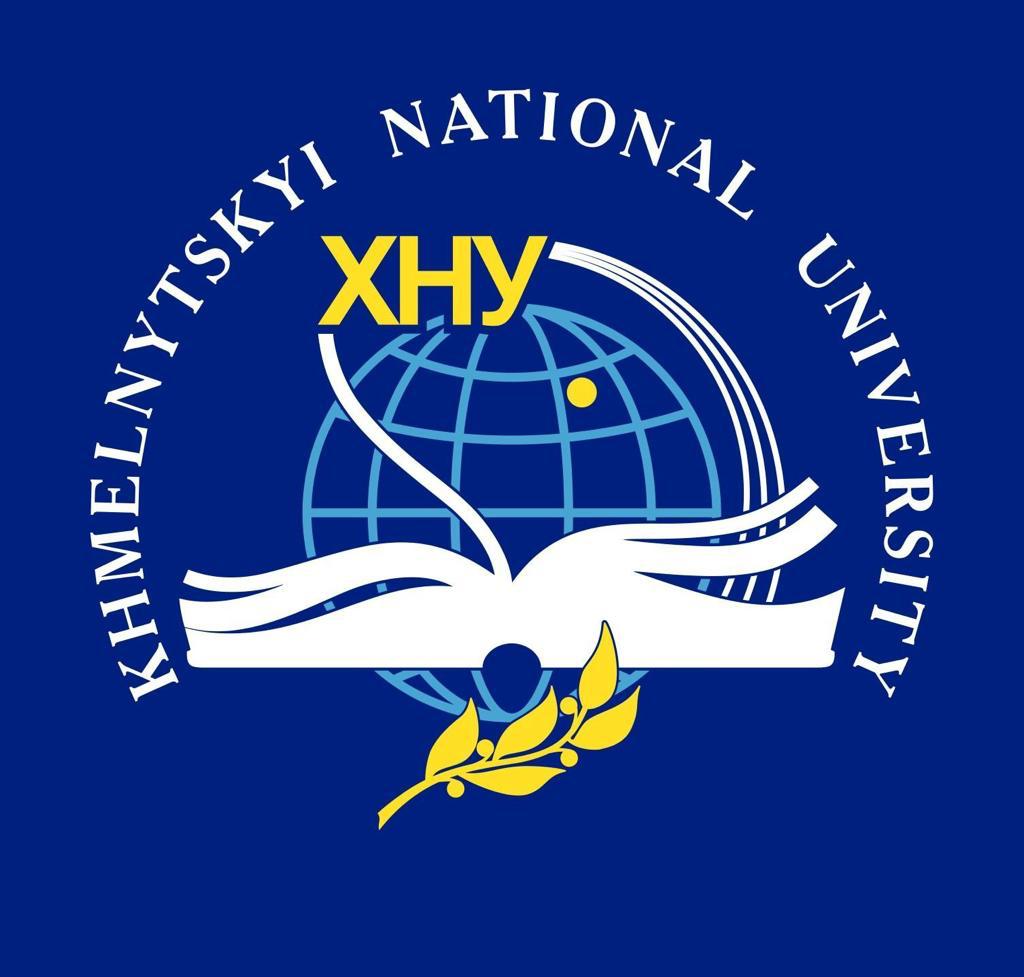THE EFFICIENCY OF USING A COMPLEX OF PEDAGOGICAL TESTS FOR THE ORIENTATION OF CANAKER AT DIFFERENT COMPETITIVE DISTANCES AND CORRECTION OF THE TRAINING PROCESS
DOI:
https://doi.org/10.31891/pcs.2023.2.20Keywords:
orientation of athletes, tests, kayakers, competitive distancesAbstract
The results of kayakers in pedagogical tests were obtained, which made it possible to orient the training of athletes for different competitive distances, and to develop a training program taking into account the individual characteristics and propensity of the athlete to work in different directions.
A developed and substantiated set of pedagogical tests to guide the training of athletes specializing in rowing on kayaks, in the conditions of real training activities at competitive distances of 200, 500 and 1000 m. The tests have a high probability of dependence with sports results at competitive distances.
The specified tests were tested in the preparation and testing of kayakers who are at the stage of specialized basic training. This made it possible to orient the training of athletes by groups depending on the competition distance - 200, 500, 1000 m.
It is very important to have a clear understanding that according to testing data, kayakers can be divided into different groups depending on their propensity to achieve high sports results not only in different sports, but also in different types of competitions of the same sport.
The results of the experimental study indicate an increase in the effectiveness of the training process, which was carried out in groups, focused on preparation for various competitive distances and the realization of individual capabilities under the conditions of competitive activity. The group of canoeists whose training was focused on passing the distance of 200 m included 27% of athletes. 40% of the athletes entered the group whose training was focused on passing the 500 m distance. 33% entered the group whose training was focused on the distance of 1000 m.
This approach made it possible to increase the effectiveness of preparation and realization of individual capabilities under the conditions of competitive activity.
References
Platonov V.N., M.M. Bulatova Physical training of an athlete: Training manual. K.: Olympic literature, 1995. 320 p.
Spychak N. Realization of functional capabilities of qualified rowers - kayakers at different competitive distances. Theory and methodology of physical education and sports. 2008. No. 3. P. 79-83.
Flerchuk V. V. A complex of informative pedagogical tests for the orientation of athletes at various competitive distances. Pedagogy, psychology and medical and biological problems of physical education and sports. Science monograph / edited by S. Yermakova. Kharkiv 2009. No. 2. P. 147-151.
Flerchuk V. V. Orientation of rowers and canoeists for different competitive distances. Theory and methodology of physics. education and sports. K. 2008. No. 1. P. 19-24.
Shinkaruk O. Orientation of the training process according to the individual characteristics of athletes. Actual problems of physical culture and sports. Collection of scientific papers. K.: DNDIFKS, 2003. Anniversary edition. P. 46-51.
Energy System Contribution to Olympic Distances in Flat Water Kayaking (500 and 1000 m) in Highly Trained Subjects / Zouhal H., Le Douairon Lahaye S., Abderrahaman A. B. at al J Strength Cond Res. 2012. Mar 26(3) : 825–831.
Issurin V. New horisons for the methodology and physiology of training periodization. Sport Med. 210. Vol. 40, N 3. P. 189–206





